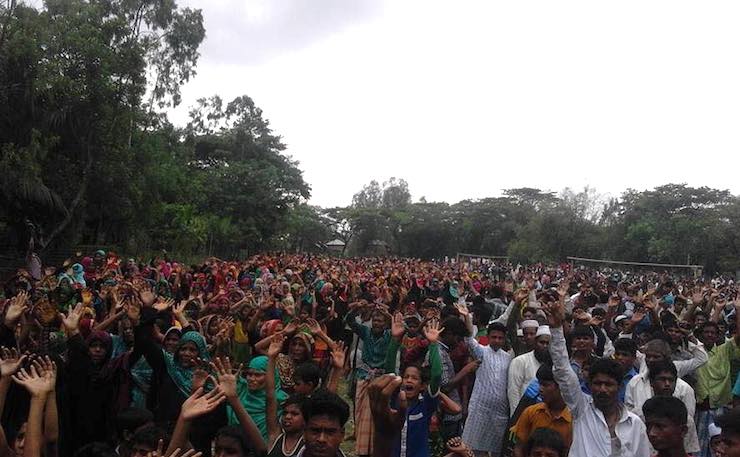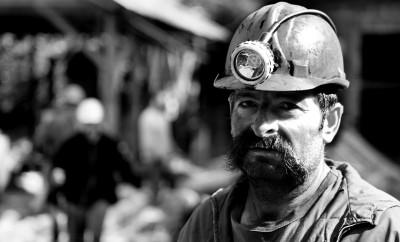Environment
Bangladesh Villagers Continue To Protest Chinese-Funded Coal Plants After 4 Killed

Image: New Matilda
Bangladesh Villagers Continue To Protest Chinese-Funded Coal Plants After 4 Killed
Amid coal plant protests, at least four people were killed by the police in Bangladesh Tuesday. Despite the violence, around 500 villagers continued to stand against the Chinese-funded coal-fired plants. The protests took place in Gandamara, a coastal town in Chittagong district of Bangladesh. The coal-fired power plants will evict thousands from the area and demolish temples and schools.
The police confirmed killing four people, but the protestors claimed that five had died and four people went missing. About 100 people, including eleven police, were injured during the protests. Cases have been filed against 3,200 people for the violence.
According to Abu Ahmed, the villagers had been holding peaceful protests for several days after S. Alam, the Bangladesh developer, began buying land. It wasn’t until after the government and district administration remained silent that the peaceful protest turned into a massive, violent protest.
These protests followed previous ones that occurred last month against the building of a large coal-fired power station at Rampal, on the edge of the world’s largest mangrove forest.
This particular protest was the worst loss of life anti-coal protest in the world since the killings of six people in Jharkhand, India during two protests in April 2011.
The coal plants are expected to cost $2.4bn and have a capacity of 1,224MW. They will supply the growing industrial city of Chittagong which often experiences power cuts. The plants don’t have access to nearby coal reserves, so they will import millions of tons a year from Indonesia—where coal protests are occurring due to farmland and forests being destroyed and communities being evicted.
A UK company currently has plans to build one of the biggest coal mines in the world at Phulbari in the north of the country, but plans have been delayed eight years due to the death of three protestors and 200 injuries at a rally in 2008. The mine would require the eviction of more than fifty villages.
The Ministry of Power stated that only 60% of people in Bangladesh have access to electricity and the demand for it is growing at a rate of 7% annually. Two-thirds of the country’s electricity is generated by gas and it imports about 3.5m tons of oil and 2m tons of diesel each year. In May 2011 the Bangladesh government set plans to generate more than 10,000MW of electricity from coal-based power plants by 2021 and 20,000MW by 2030. And nearly half of this electricity would be generated with imported coal.
In 2015 China approved 155 coal plants, which is one every two days. In light of the recent Paris Talks, this is a gloomy reminder that much more is required than negotiations to get the world’s biggest pollution contributor to stop building arguably unnecessary coal plants.





0 comments